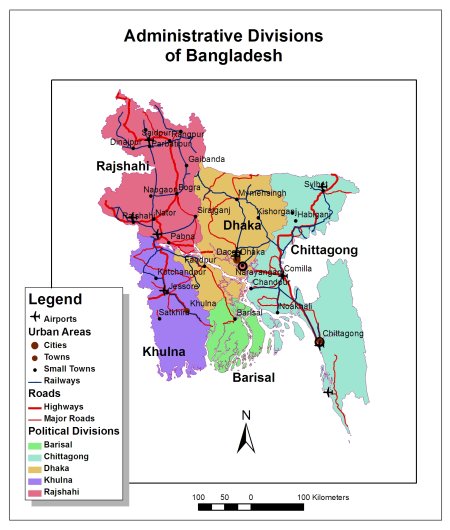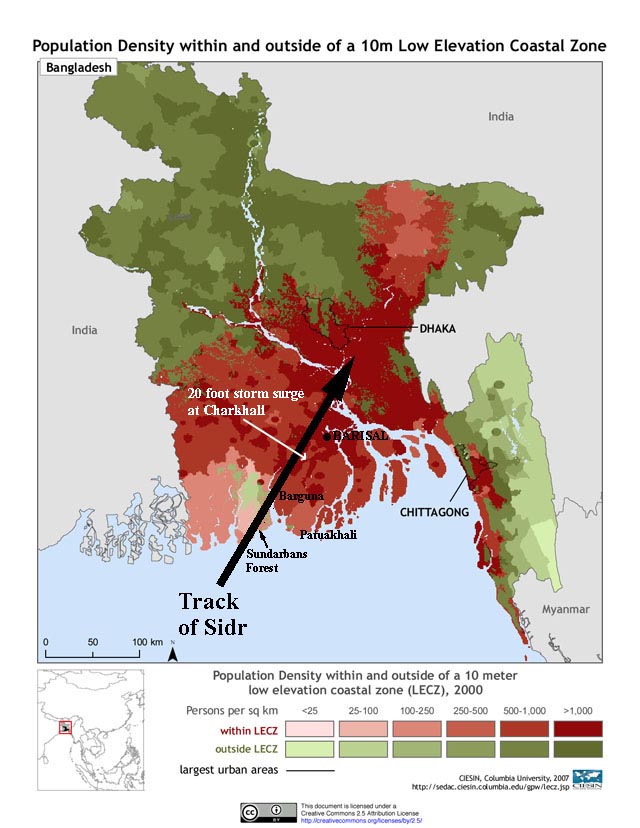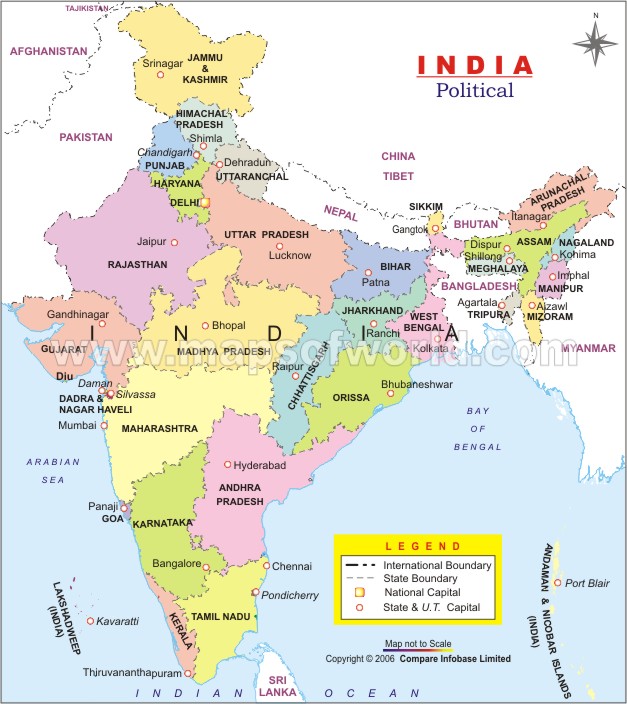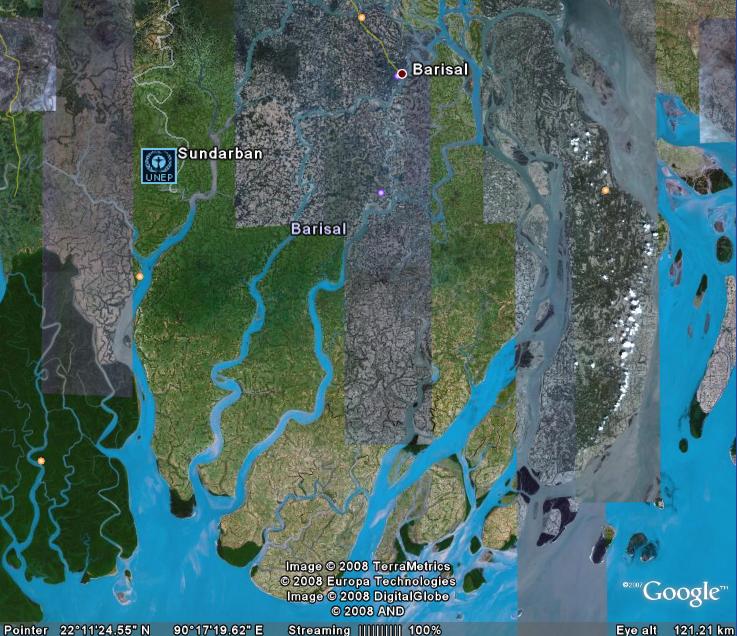|
 |
Horizon Mapping
Farmers' Voice: Bangladesh Map Galleries
|
|
Country Atlas
|

|

|
Prev | Next
|

|

|
|
|
General Features
Most of Banladesh is situated on the deltas of large rivers flowing from the Himalayas. The
Ganges unites with the Jamuna (main channel of the Brahmaputra) and later joins the Meghna
to eventually empty into the Bay of Bengal. Despite sustained domestic and international
efforts to improve economic and demographic prospects, Bangladesh remains poor and
overpopulated. Nearly two-thirds of Bangladeshis are employed in the agriculture sector,
with rice as the single-most-important product. The Farmers' Voice institute works with
farmers at the grass roots level, fostering development from within, and searching for
solutions through knowledge exchange, environmental awareness, and gender equality.
|

|
|
|
|
Population by Elevation
Many people in Bangladesh are landless and forced to live on and cultivate flood-prone land.
Water-borne diseases are prevalent in surface water. Water pollution, especially of fishing
areas, results from the use of commercial pesticides. Ground water is contaminated by naturally
occurring arsenic while intermittent water shortages because of falling water tables occurs in the
northern and central parts of the country. Soil degradation and erosion and deforestation are
aggrevated by severe overpopulation. Through local research, the Farmers' Voice Institute
seeks to improve conditions by wise use and conservation of available resources.
|

|
|
|
|
Political Boundaries
Bangladesh shares borders with India and Myanmar. Talks continue with India to delimit a small section
of river boundary, exchange territory for 51 small Bangladeshi exclaves in India and 111 small
Indian exclaves in Bangladesh, allocate divided villages, and stop illegal cross-border trade,
migration, violence, and transit of terrorists through the porous border. Major impediments
to growth include frequent cyclones and floods, inefficient state-owned enterprises and slow
implementation of economic reforms. Farmers' Voice seeks to make improvements from the
ground up. They work within the system to build political awareness and help formulate
National and International Policies in support of agriculture and the environment.
|

|
|
|
|
Barisal District
The Barisal District, home of the Farmer's Voice Research Institute, borders the western edge of
the Sundarban Mangrove Forest. Zakir Hossain initiated the Institute with the view of Endogenous
development of the community where he was borne. They are performing a research study in a small
area for determining the Biodiversity loss caused by Cyclone Sidr in November of 2007.
|

|
|
|
|
|
 |
|